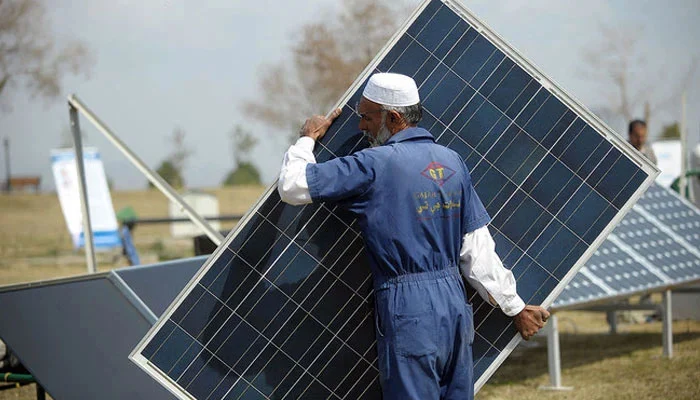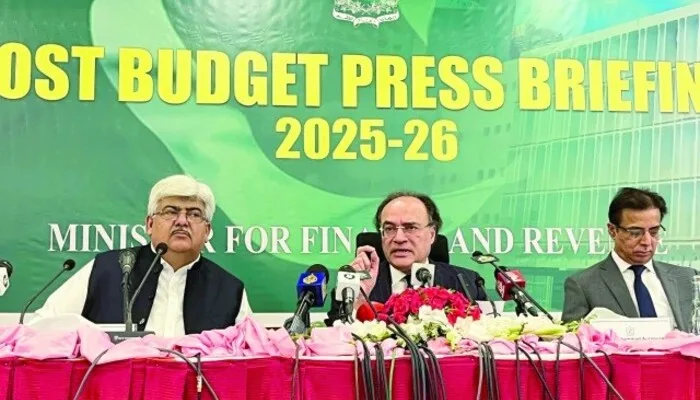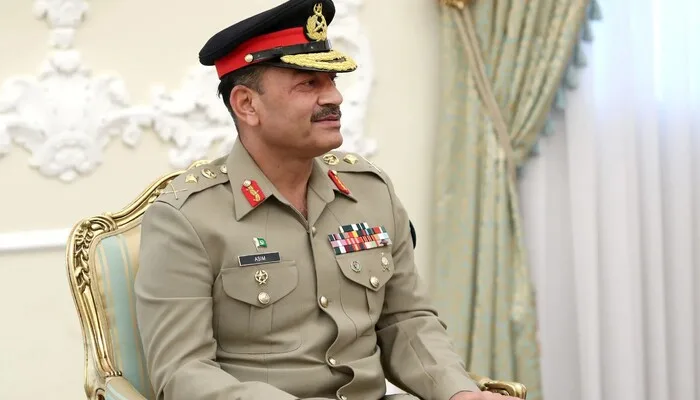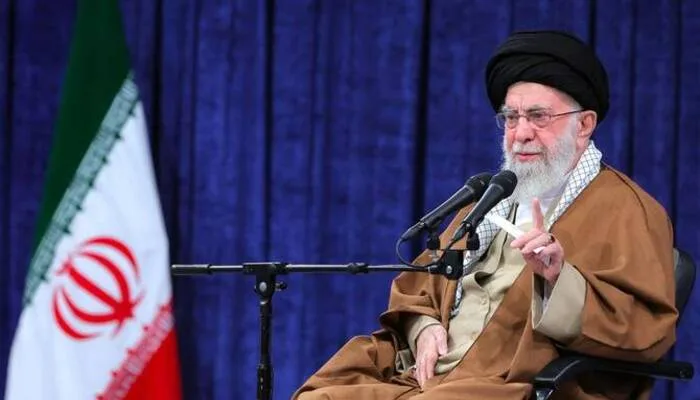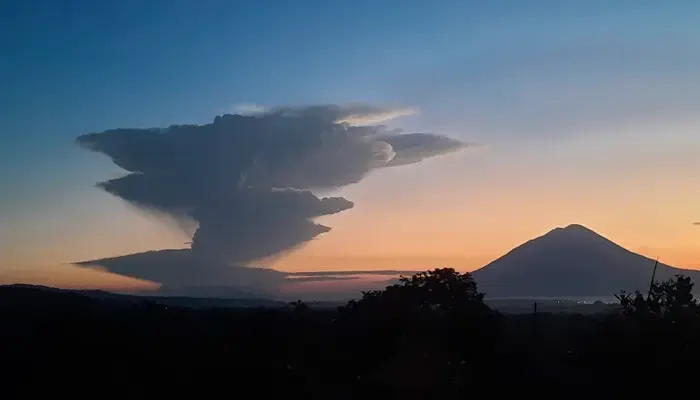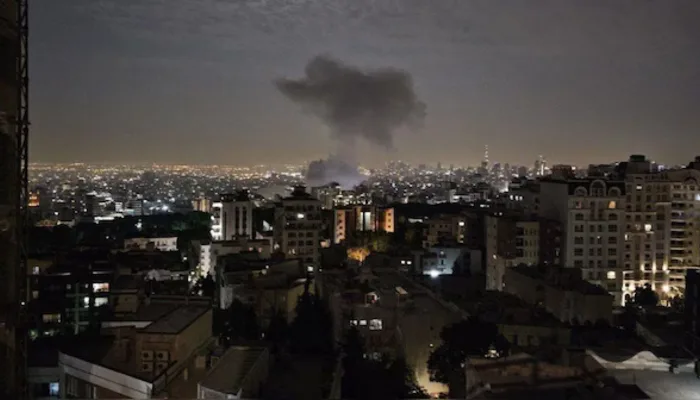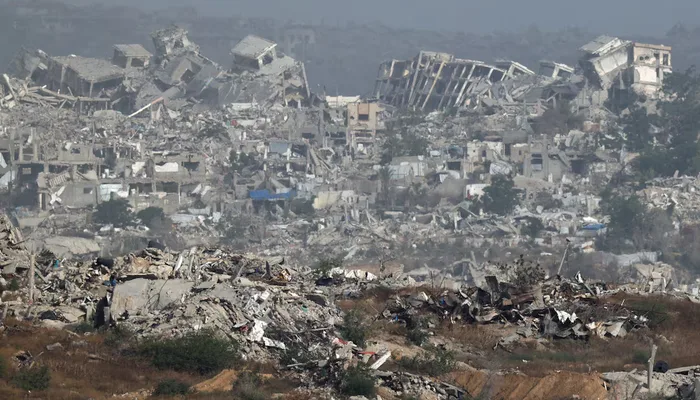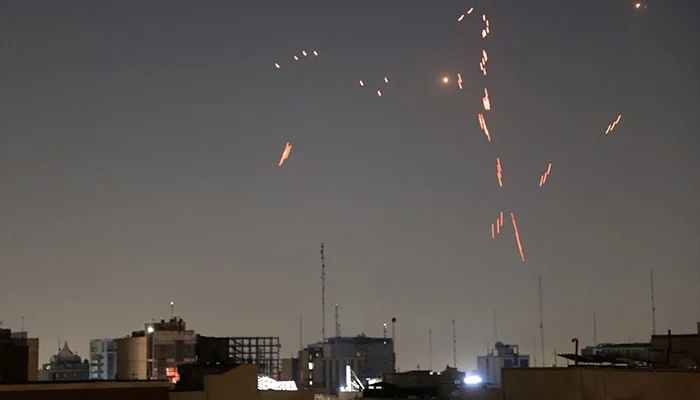
As hostilities between Israel and Iran intensify, concerns over civilian safety are mounting. While Israel boasts a robust defense system, not all its citizens enjoy equal protection. Israeli journalist Gideon Levy has raised alarms about the glaring disparity in safety measures between Jewish-majority areas and marginalized Palestinian and Bedouin communities.
59 Palestinians Killed in Gaza; Israeli Forces Fire on Aid Seekers
High-Tech Shield for Jewish-Majority Areas
Israel’s early warning systems and missile defenses like the Iron Dome are among the world’s most advanced. Alarms often go off minutes before sirens, allowing people time to seek shelter. In cities like Tel Aviv, most residential buildings include reinforced shelters known as “mamad.” Public shelters are also widely available in urban Jewish-majority zones.
“These systems give many Israelis a sense of security,” Levy told Al Jazeera. “We are protected well. We can prepare ourselves.”
This high level of preparedness helps prevent mass casualties, especially in major cities where rocket attacks are more frequent.
Marginalized Communities Left Exposed
However, this security does not extend to all Israelis equally. In Tamra, a predominantly Palestinian town in northern Israel with a population of 35,000, there are no public bomb shelters. Four people died there on Sunday after an Iranian missile struck the area. Just kilometers away, a Jewish village of 1,000 residents has multiple shelters.
“This isn’t just a planning oversight,” said Levy. “It’s a reflection of deeper social and political neglect.”
The same holds true for many Bedouin communities in southern Israel’s Negev desert. Some villages are not even officially recognized by the state and lack basic infrastructure. These areas often have no alarm systems, no shelters, and no emergency plans. Residents must rely on luck rather than protection during missile attacks.
The uneven distribution of defense infrastructure is placing lives at risk and exposing systemic inequality in Israel’s national preparedness.
Mounting Pressure and War Fatigue
Levy warns that while Israel may endure short-term conflict, the longer the war lasts, the heavier the toll on its population. “People will grow tired, frightened, and eventually start questioning the cost of constant war,” he said.
The psychological impact is already growing as strikes penetrate deeper into Israel. Many citizens are beginning to feel the war more personally than in previous conflicts with Gaza or Lebanon. The threat is no longer distant.
Public frustration is also rising over the government’s failure to protect all communities equally. If this conflict stretches out, social cohesion could deteriorate. Communities without shelters may lose faith in the state, and pressure could mount on the government to revise its defense strategy and spending priorities.
Levy concluded that Israel cannot afford to ignore the growing perception that some lives are better protected than others — a belief that may shake the country’s unity as it faces prolonged threats.
Follow us on Facebook and Instagram



